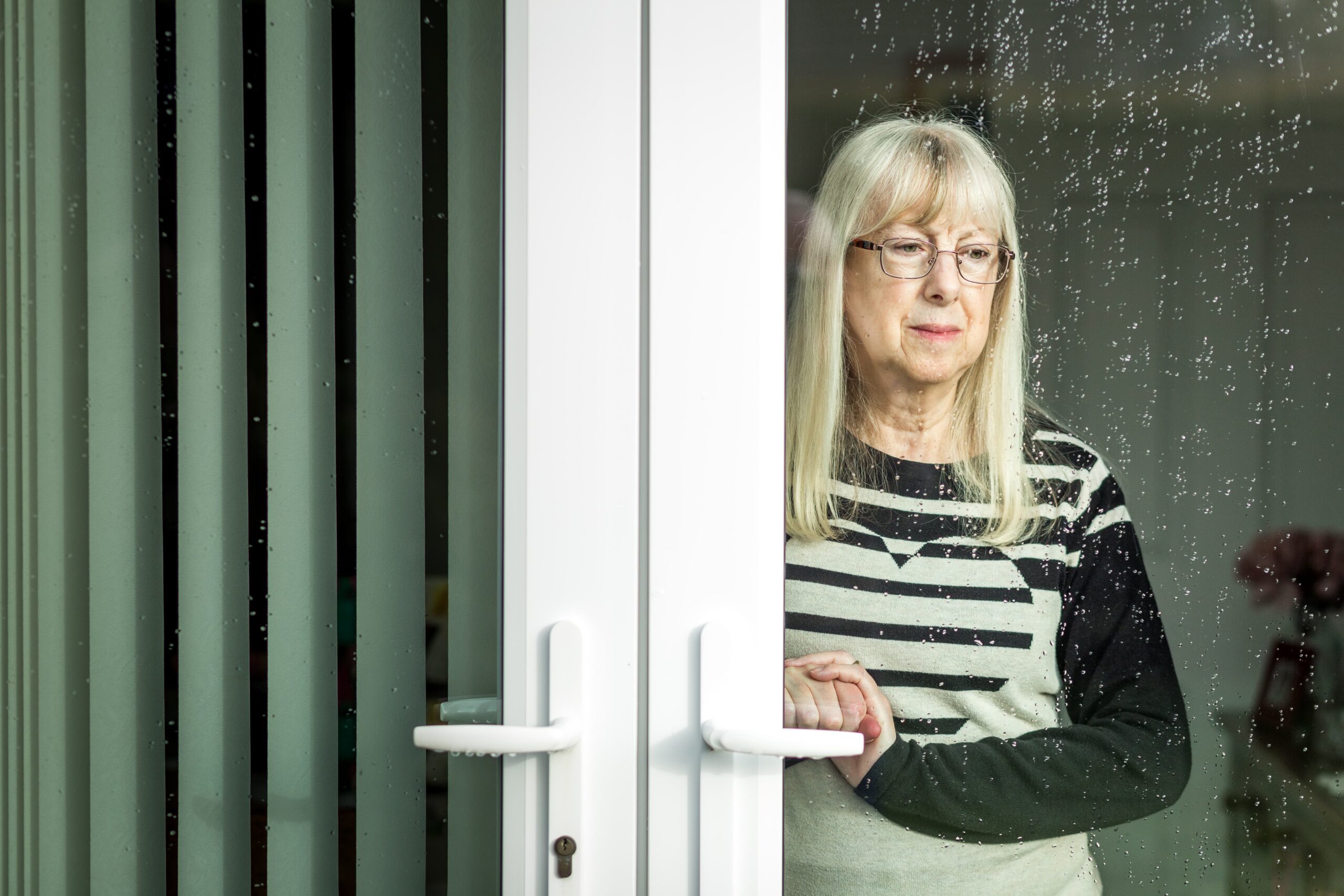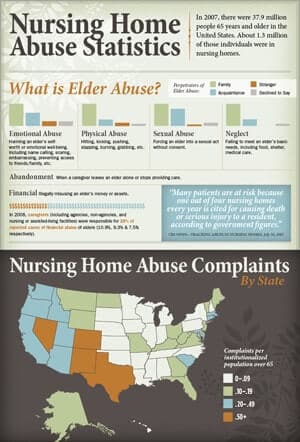What you need to know to stop caregiver elder abuse
In Colorado, elder abuse is a growing epidemic, and with more of our seniors choosing to spend their golden years at home, they risk becoming victims to greater abuse by family caregivers. Surprisingly, only 3.4 percent of the 65+ population live in institutional settings, such as nursing homes. According to the National Center on Elder Abuse, nearly 90 percent of all abuse of the elderly is committed by family members and most often by adult children, spouses and partners who have taken on caregiver roles. Family members who abuse drugs or alcohol, have a mental or emotional illness, or who feel burdened by their caregiving responsibilities abuse at even higher rates than those who do not. The quality of life of older individuals who experience abuse is severely jeopardized, as they often experience worsened functional and financial status and progressive dependency, poor self-rated health, feelings of helplessness and loneliness, and increased psychological distress. The impact cannot be overstated, with elders who experience abuse having a 300% higher risk of death than those who have not been abused.
Of the estimated 4 million older Americans who are victims suffering physical, psychological, or other forms of abuse and neglect, experts estimate as many as 23 other cases go undetected. Sometimes elder abuse is a continuation of long-standing patterns of violence and physical, emotional or financial abuse within the family. When an older parent who is frail or who has physical or cognitive limitations moves into a family member’s home, the lifestyle adjustments and accommodations can be overwhelming, and the associated stress can lead to elder abuse. According to the American Psychological Association, when the demands of daily care for an older person are thrust onto caregivers who have not been given training or information about how to balance the needs of the older person with their own needs, they frequently experience intense frustration and anger that can lead to a range of abusive behaviors.
In addition to taking on the household chores, shopping, transportation and personal care, 37 percent of caregivers also administer medications, injections, and medical treatment. This can lead to serious injury to seniors if their medical needs are ignored or neglected. If the caregiver is also responsible for paying bills, abuse can include failure to pay bills or manage the older person’s money responsibly.
The Center of Excellence on Elder Abuse and Neglect offers these important warnings signs of mistreatment by a home caregiver:
- Lack of basic hygiene
- Lack of adequate food
- Lack of medical aids (glasses, walker, teeth, hearing aid, medications)
- Lack of clean appropriate clothing
- Person with dementia left unsupervised
- Bed bound person left without care
- Home cluttered, filthy, in disrepair, or having fire and safety hazards
- Home without adequate facilities (stove, refrigerator, heat, cooling, working plumbing, and electricity)
- Untreated pressure bed sores
- Caregiver isolates elder (doesn’t let anyone into the home or speak to the elder)
- Caregiver is verbally aggressive or demeaning, controlling, overly concerned about spending money, or uncaring
- Inadequately explained fractures, bruises, welts, cuts, sores or burns
If you suspect that you or someone you love is the victim of elder abuse or neglect, immediately contact a dedicated Colorado elder abuse lawyer to discuss your situation and help you get the justice you deserve.






